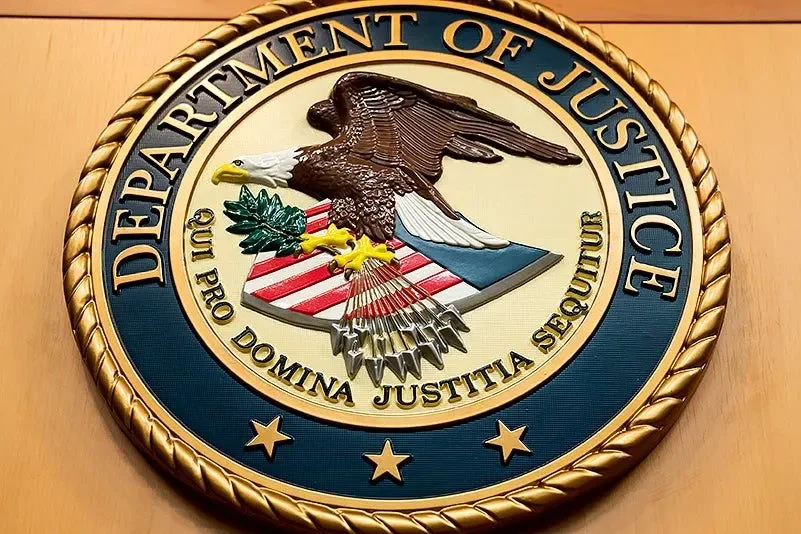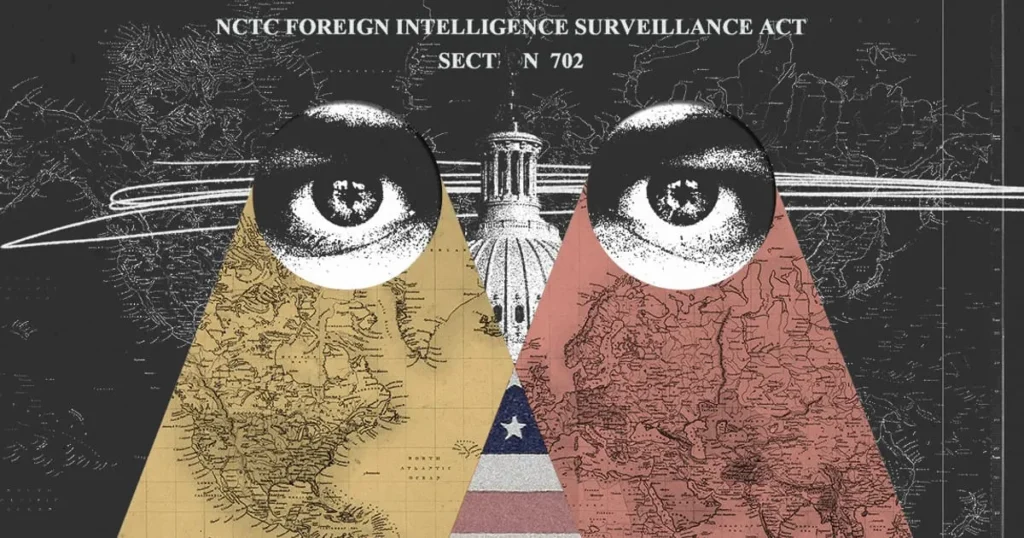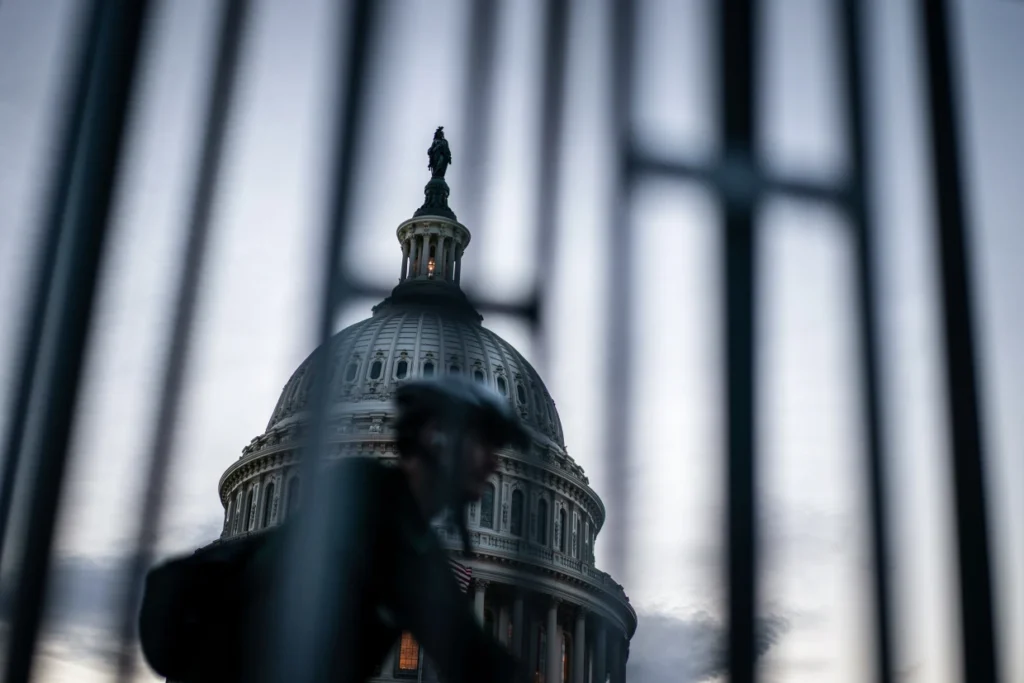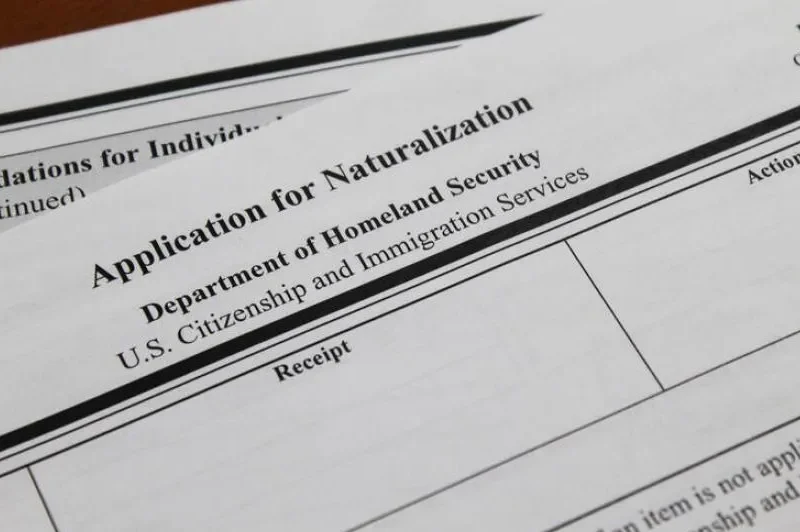The controversial Section 702 of the Foreign Intelligence Surveillance Act.

There is concern in the United States over the enactment of Section 702 of the Foreign Intelligence Surveillance Act.
President Joe Biden signed into law on Saturday, April 20, a bill reauthorizing a key U.S. surveillance law, after divisions over whether to restrict the FBI from using the program to seek data on Americans nearly forced the law to expire.
Section 702 of the Foreign Intelligence Surveillance Act, passed the Senate 60 votes to 34, being extended for two years.
“At the last minute, we are reauthorizing FISA just before it expires at midnight,” Senate Majority Leader Chuck Schumer said as the vote on final passage began 15 minutes before the deadline expired. “All day long, we have persisted and persisted in trying to achieve a breakthrough and, in the end, we have succeeded.“
U.S. officials have noted Section 702 of the Foreign Intelligence Surveillance Act, which first authorized in 2008 and has been renewed several times since, is crucial to thwarting terrorist attacks, cyber incursions and spying from other countries.
Likewise, Section 702 of the Foreign Intelligence Surveillance Act could allow for the generation of intelligence that the country has relied on for specific operations, such as the assassination of Al Qaeda network leader Ayman al-Zawahri in 2022.
The proposal would renew the program, which allows the U.S. government to collect, without a warrant, the communications of non-U.S. persons outside the country to gather foreign intelligence information.

The controversial Section 702 of the Foreign Intelligence Surveillance Act.
The reauthorization faced a long, up-and-down road to final passage after months of clashes between privacy advocates and national security supporters caused the official deadline to run out.
Although technically the spying program was set to expire at midnight, the Biden administration indicated it expected its intelligence-gathering authority to remain operational for at least another year, thanks to a ruling earlier this month by the Foreign Intelligence Surveillance Court, which receives surveillance requests.
However, officials had said that such judicial approval should not supersede congressional approval.
READ MORE: CHINESE AIRCRAFT INTERCEPTED A U.S. AIRCRAFT.
Hours before the law expired, U.S. authorities were already in trouble after two major U.S. communications providers said they would stop complying with the surveillance program’s orders.
Attorney General Merrick Garland praised the reauthorization of the plan and reiterated that it is an “indispensable” tool for the Justice Department.
In the end, the six amendments did not gain the necessary support on the floor to be included in the final passage of Section 702 of the Foreign Intelligence Surveillance Act.
One of the main changes proposed by opponents focused on restricting FBI access to information on Americans through the program.
Sen. Dick Durbin, the second-highest ranking Democrat in the chamber, has been pushing a proposal that would require U.S. officials to obtain a warrant before accessing Americans’ communications.
In the past year, U.S. officials have revealed a series of abuses and mistakes made by FBI analysts.







